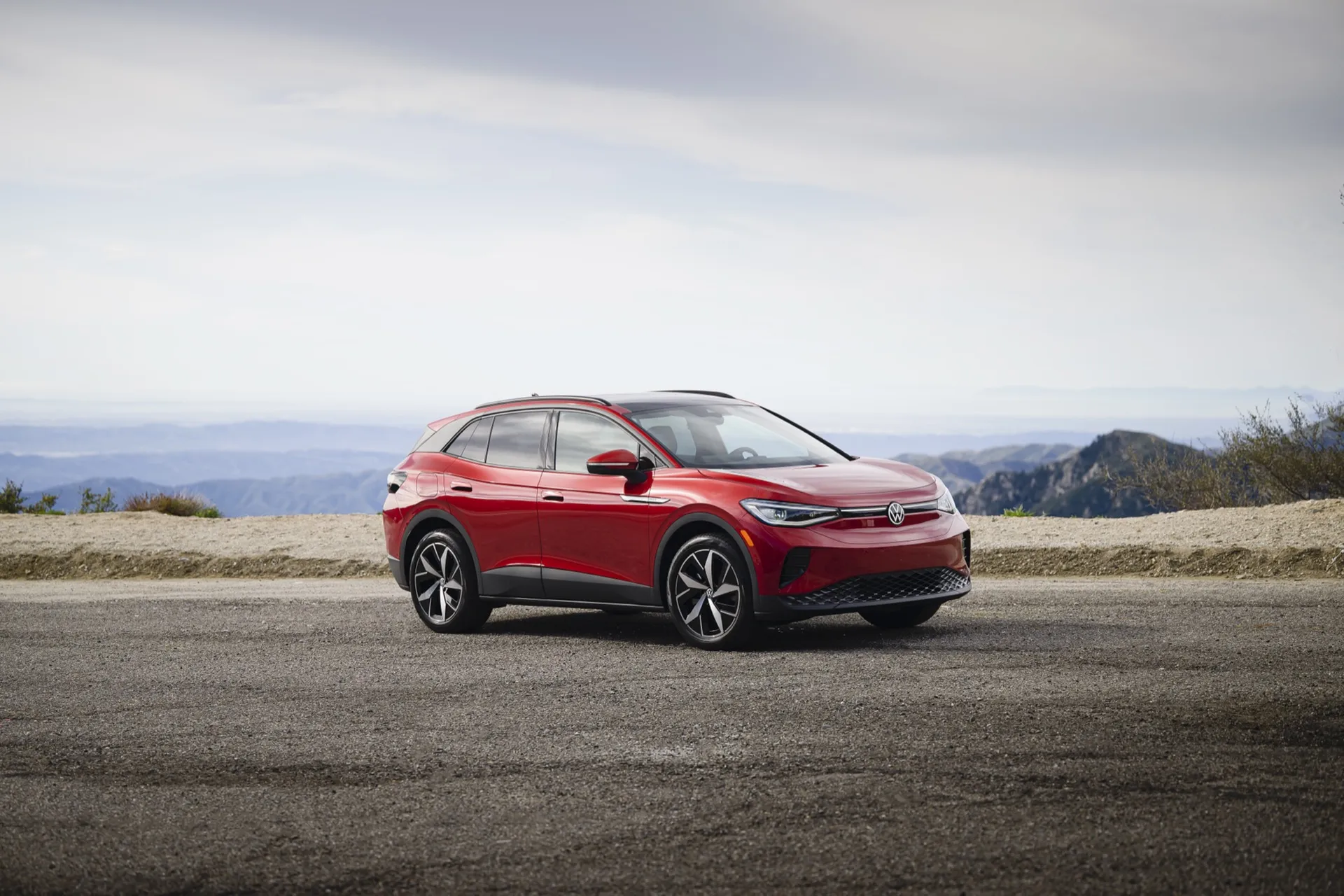

Which states align with California EV mandate in 2024?
- Republican governor Glenn Youngkin says Virginia no longer will follow California emissions rules
- Most northeastern states continue to follow California rules and their EV mandates
- States in the loose union also include Nevada and Minnesota, minus the EV mandate
Virginia will stop following California’s stricter emissions standards, which would have put the state on track to end sales of nearly all new internal-combustion cars by 2035, Governor Glenn Youngkin announced last week.
All states have the option to follow California’s emissions rules instead of the federal standards, and Virginia passed a law to do this in 2021. That could draw legal challenges against Youngkin’s move to drop out of the ranks of states following California emissions rules, reports the Virginia Mercury (via Axios).
In a statement, Youngkin said an opinion from Virginia attorney general Jason Miyares found that the law, as written, does not require the state to follow the latest round of standards, known as as Advanced Clean Cars II (ACC II). So Youngkin plans to revert Virginia to the federal emissions standards on January 1, 2025.

ACC II zero-emission vehicle sales targets
Virginia has seen some challenges before for its adoption of the standards, but it’s kept them until now. The loss of the governor’s office in 2022 likely played a significant role. Democrats had full control of the legislature and governor’s office in 2021 when the law adopting the California EV mandate was passed.
California rules essentially require that 35% of all new vehicles sold need to be battery electric or plug-in hybrid by 2026, on the way to 100% of cars and light trucks all-electric by 2035. The ramp-up, as defined by ACC II, starts with 17% required for the 2023 model year, rising to 19.5% for model year 2024 and 22% for model year 2025.
As of now, Washington, Oregon, Colorado, New Mexico, Maine, Vermont, Massachusetts, Rhode Island, Connecticut, New Jersey, New York, Delaware, Maryland, and D.C. have adopted the EV mandates—13 states plus D.C. That splits the U.S. vehicle market into two nearly equal portions. Connecticut and Maine have delayed adoption of the EV mandate portion, but they’re expected to keep to it.

2024 Audi Q8 E-Tron
Nevada and Minnesota have followed California’s emissions rules up to this point, but so far neither state has formally adopted the ACC II rules and their EV sales mandate.
EV sales haven’t necessarily followed mandates, though. A 2021 survey showed that three of the five states with the most EVs didn’t have mandates at the time.
California also has a commercial truck EV mandate, but fewer states have adopted it. That mandate calls for a ramp-up of EV sales starting in 2024, with all-EV truck sales by 2045.
Add a comment Cancel reply
Comments (0)
Related posts


Electric SUVs: Top 6 Models for Family Trips











